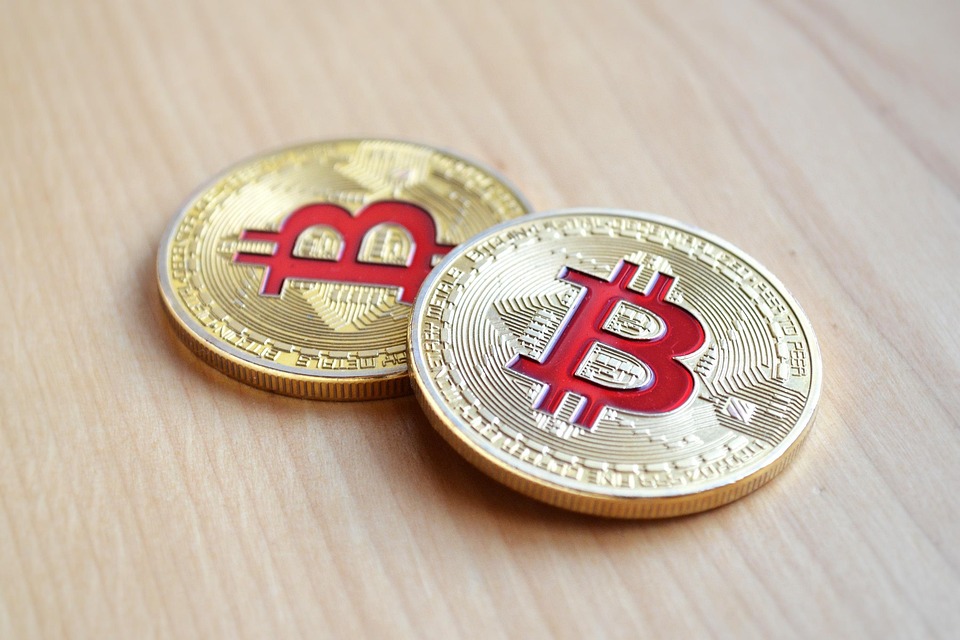How Institutional Investors Are Impacting the Crypto Market
The crypto market has traditionally been associated with individual investors, often enthusiasts and speculators who buy and sell digital currencies for profit. However, in recent years, institutional investors have been increasingly drawn to the market, bringing with them a new wave of capital and expertise. In this article, we’ll explore the impact these institutional investors are having on the crypto market and what it means for the future of digital assets.
What are Institutional Investors?
Institutional investors are typically defined as large, professional investors such as pension funds, hedge funds, family offices, and sovereign wealth funds. These investors are chartered with managing large pools of capital for a variety of goals, including generating returns, preserving wealth, and achieving social or environmental objectives. In the past, these investors have largely focused on traditional assets such as stocks, bonds, commodities, and real estate. However, the rise of cryptocurrencies and digital assets has seduced many institutional investors, offering them new and potentially high-rewarding opportunities.
How Are Institutional Investors Impacting the Crypto Market?
The influx of institutional investors is having a profound impact on the crypto market. Here are a few key ways:
- Increased Trading Volume and Liquidity: Institutional investors bring a significant amount of capital to the market, resulting in increased trading volume and liquidity. This is particularly important for digital assets, which can be notorious for their low trading volumes and markets. With more liquidity, it becomes easier for individuals and other investors to enter and exit positions, promoting a more stable and more efficient market.
- Stability and Maturity: The presence of institutional investors helps to stabilize the market, as they are less likely to be swayed by short-term market fluctuations. This, in turn, can attract more individual investors, as they are more comfortable investing in a market with a more stable and mature outlook.
- Advancements in Market Infrastructure: Institutional investors are driving the development of new market infrastructure, such as custody solutions, derivatives, and exchange-traded funds (ETFs). These innovations make it easier for more investors to access and trade digital assets, further opening up the market to a broader range of investors.
- Improved Regulatory Clarity: As institutional investors enter the market, governments and regulators are taking a closer look at the regulatory landscape. This increased scrutiny can lead to clearer guidance and potentially more favorable regulations, making it easier for all investors to participate in the market.
- Economic Impact: The institutional investor presence is also having an economic impact. Some studies suggest that crypto assets could reach $300 billion in market capitalization in the next few years, rivalling traditional asset classes like gold and oil.
Challenges and Concerns
While the impact of institutional investors has been significant, there are also challenges and concerns to consider:
- Regulatory Risks: The lack of regulatory clarity can lead to uncertainty and potential conflicts between different jurisdictions, potentially creating unequal market conditions for institutional investors.
- Liquidity Risks: While increased trading volume and liquidity are positives, these can also lead to market volatility and flash crashes, which can impact institutional investors and individual traders alike.
- Valuation and Accounting: Institutional investors are bound by strict valuation and accounting standards, which can be difficult to apply to digital assets, potentially leading to difficulties in reporting and reconciling trades.
- Risks of Market Manipulation: The influx of institutional investors raises concerns about market manipulation, as larger players may try to influence prices for personal gain.
Conclusion
The entry of institutional investors into the crypto market is a significant development, with far-reaching implications for the industry. While there are challenges to navigate, the benefits are clear: increased trading volume, stability, and maturity. As the market continues to evolve, it’s likely that institutional investors will play a crucial role in shaping its future. For individual investors and entrepreneurs, the opportunities presented by institutional investors are significant, but it’s essential to be aware of the potential risks and challenges posed by this new wave of market players. Ultimately, the growth of institutional investors in the crypto market will be a key factor in its continued growth and mainstream acceptance.

